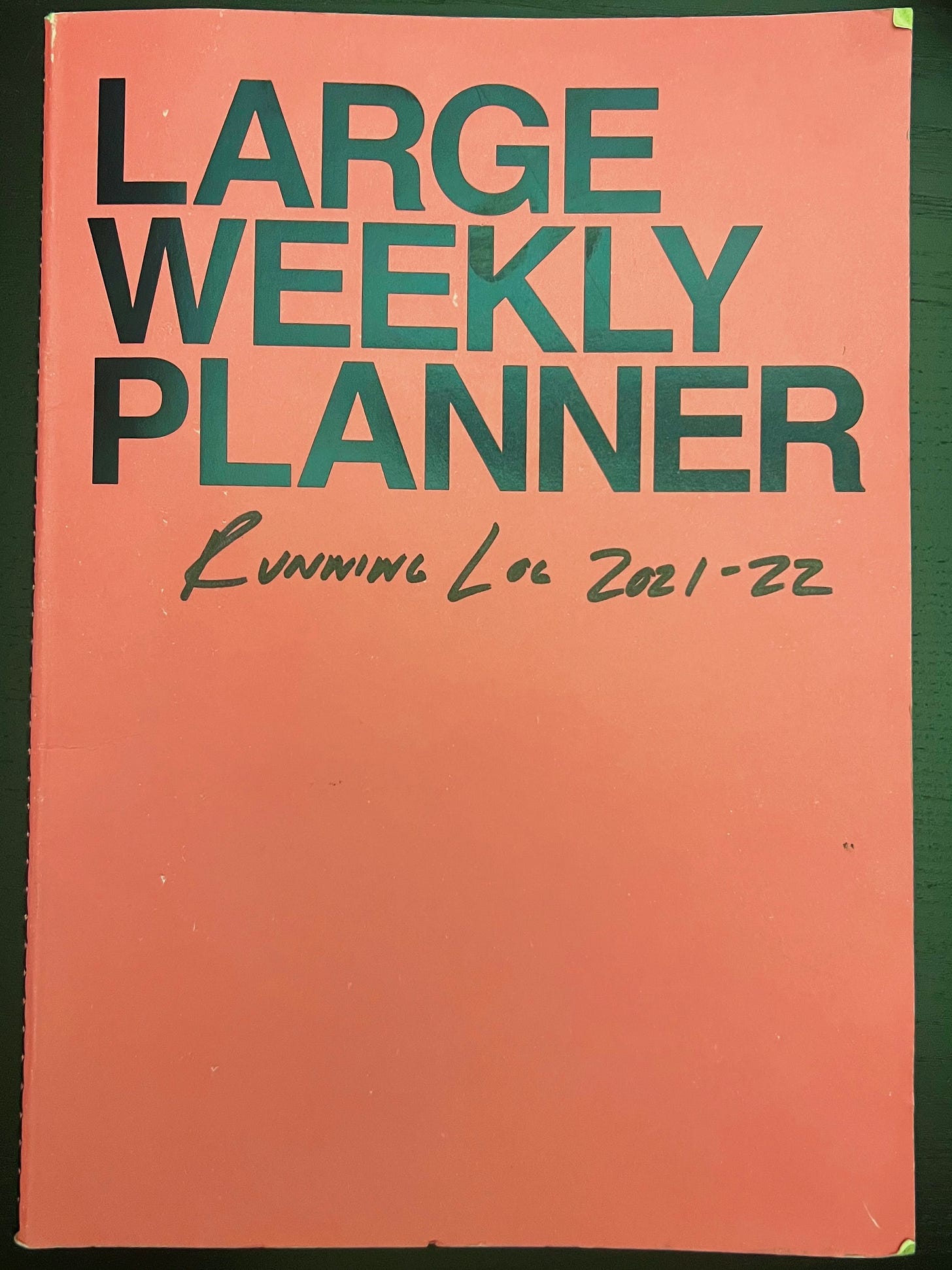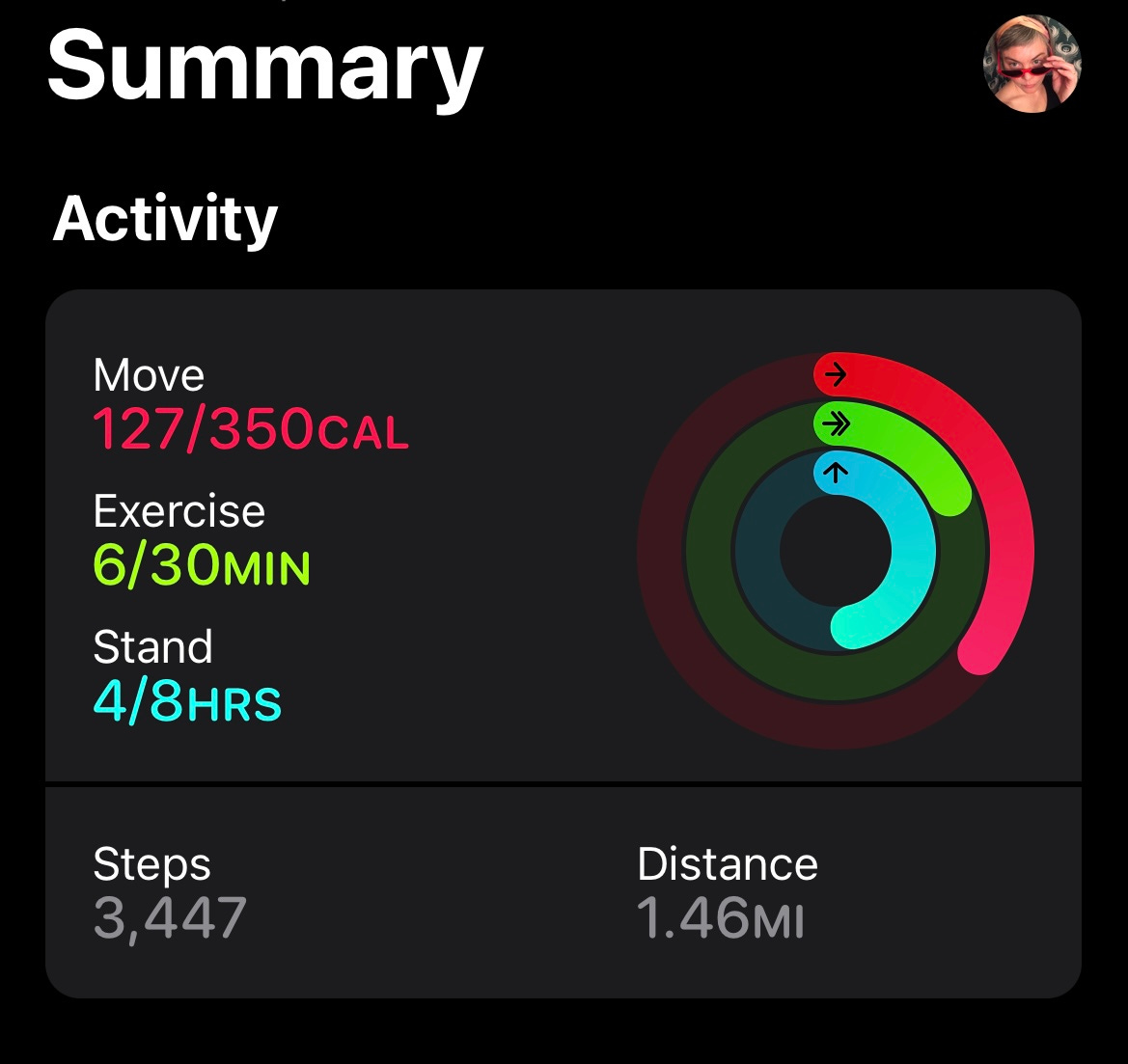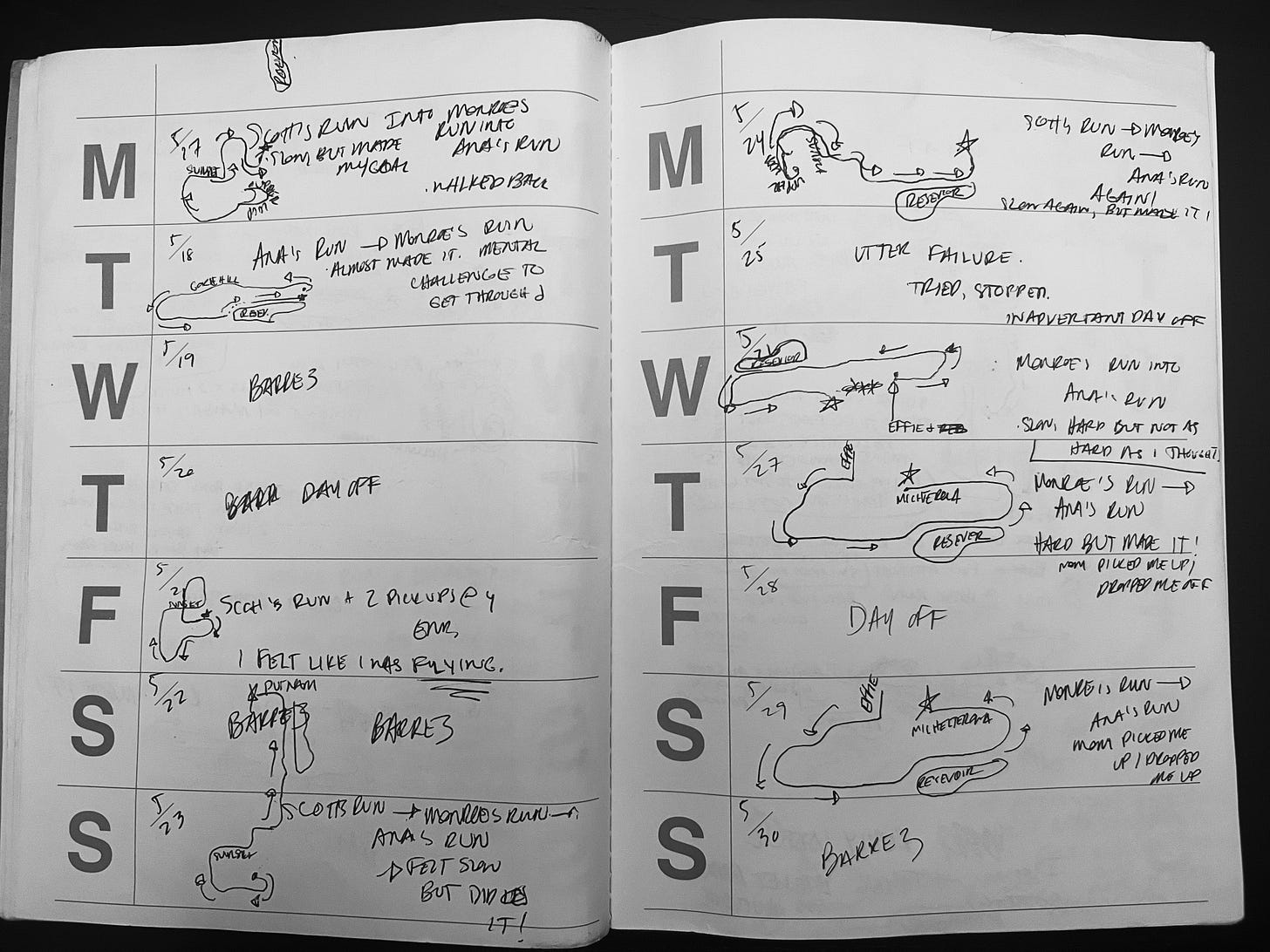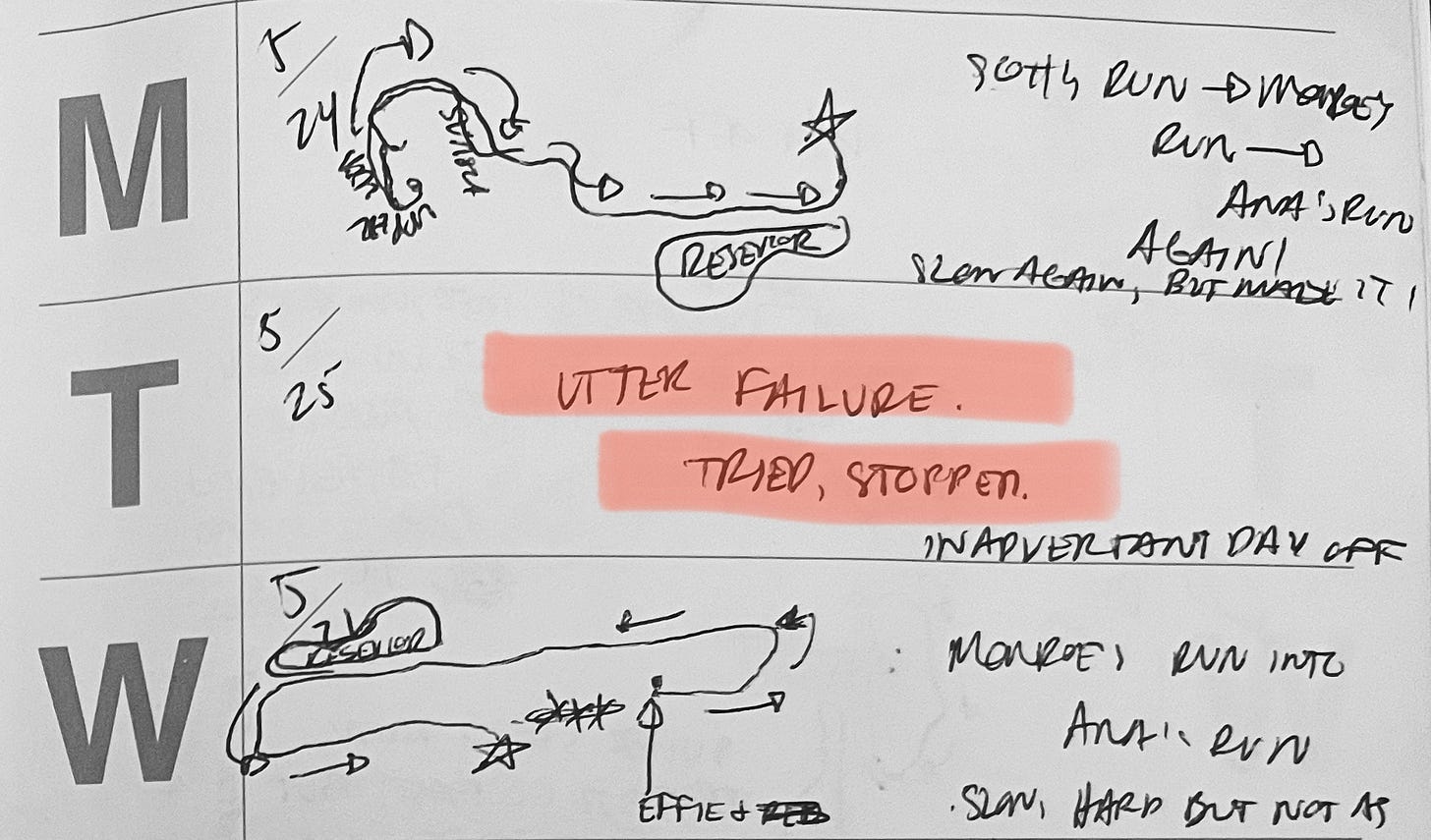Training regimes: they’re out there.
There are an incredible number of training regimes and plans out there, each one designed to help you achieve some sort of measurable goal, like building to a certain run distance, hitting a new personal record, or gaining a certain degree of cardiovascular efficiency.
But how do you design your training regime, the one for you, over the weeks, months, and years? This is related to the stoic practice of focusing on your own context and what you can achieve within it, rather than comparing yourself to others or to yesterday’s self or context. Our ultimate aim is to create a running practice that reflects who we are and who we strive to be, from where we are right now.
Speaking of yesterday selves, many runners string together races and run times as a way to track their “progress”, but this only works if you want to beat the same goals year over year. As our bodies change, though, we almost always slow down, which can be incredibly disappointing and discouraging. For this reason, you frequently see runners competing at longer and longer distances, where speed isn’t as much of an asset, or stop running all together.
Training Using Qualitative Goals
What if neither of these options resonate with you? They don’t with me, definitely. I’ve never run a marathon, and, honestly, I never want to. I don’t see the joy in doing 18 mile training runs or standing in a crowd and “hitting a wall” at 13 or 15 or 21 miles. It just doesn’t appeal to me.
For the individual athlete, for the stoic runner, qualitative goals help us evolve our practices as we evolve as people.
What does appeal to me is challenging my body and my mind in different ways, on a daily basis, along a yearly cycle that I design. This isn’t a quantitative set of goals that I have, although I do contend that we could measure them if we just had better measurement paradigms. Instead, this is a qualitative approach to achieving goals. It’s…not something I’ve ever found with another runner, so I accept that I’m probably going to hear a lot about how these aren’t “real” goals, but that perspective misses my point. For the individual athlete, for the stoic runner, qualitative goals help us evolve our practices as we evolve as people. Below, find some tips on how to design your training regime with qualitative goals in mind.
Use how you feel before, during, and after you run as a starting point.
Examine and understand those emotions.
Do you kind of dread it? Are you exhilarated while running but exhausted when you stop? Do you feel relief or sadness when your run is over? You can use any one of these as a starting point for designing your training. You can focus on decreasing your dread through using warm up routines. Conversely, you can extend your exhilaration by creating and sticking to cool down routines. These are absolutely goals to design a training regime around. They’re not simple, and your answers won’t be like anyone else’s but they will result in runs that are more positive in ways that are useful to you, specifically.
Map the cadence of your years.
Are your years determined by the academic calendar? By the seasons? By the fiscal year? Where do you tend to have the most focus for your runs? Where do you need them to help you manage stress and when do you tend to want to focus on quantitative metrics, like run times?
For me, it’s seasonal.
For me, my training years are still influenced by my long-ago running career. In the summer, I do long runs and build my foundation; as autumn kicks in, I like to get into hillwork and interval training. I build towards an imaginary end of Cross Country season, in November, making turkey trots a good race goal for me, if I ever wanted to go to a race again. Then, in December, I crash into apathy and disinterest, which basically means maintenance mode until the start of February, when my impulse to train for track season influences my need for speedwork and middle distance runs.
None of these impulses has any real “meaning”, except they do, for me. I don’t race, and I hardly run in groups, so I have no metrics to push myself or not. But that’s how my body wants to run, so that’s how I design my training. For me, it’s seasonal.
Build on your weak spots.
Where do you want to improve? Are you, like me, a reluctant mileage runner? Or do you avoid hills or intervals? For medium or even yearly goals, a stellar goal set is to get more comfortable with these weak spots. Note that I don’t say you need to overcome them, because I’m not sure what that means in the context of a long-term running practice, but getting more comfortable with them is definitely a goal worth pursuing.
Grow your strengths.
So, this one is a tricky one, because it essentially means you’ll design your training around something you already like and are good at. For me, this is hillwork and middle distance. I am a sucker for these; I’ll run them to the exclusion of everything else, which is a one-way ticket to plateauing. That being said, if you can be aware of the dangers of getting too comfortable, designing your training regime for a season or a year around your strengths can be super rewarding, especially if you’re dealing with other challenges in your life, like a move or a new job.
Designing your training without the use of races, times, or other easily captured metrics can seem counterintuitive or useless in our metrics-obsessed society. But I argue that this approach is a more sustainable and ultimately joyful approach to running than being chained to the achievement rings on your fitness app or the giant digital numbers on the finish clock. Because this is a lesser-discussed approached to running practice, it might take some deep thinking to figure out the qualities you want to explore, but it will ultimately be worth it because it will result in a training regime that reflects what you want and need from your practice. That’s the ultimate goal, after all: to have runs that reflect and reward who we are and who we strive to be.
See you all Monday on IG and YouTube and next Friday on this newsletter, and for today, remember: go run.








Loved the notes!!